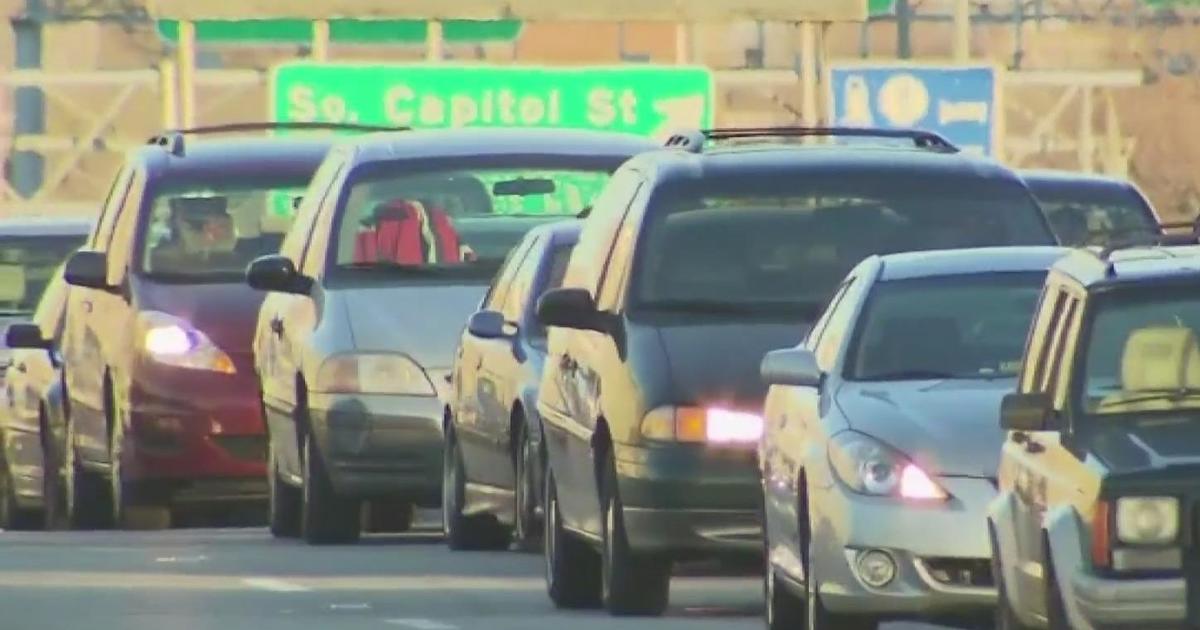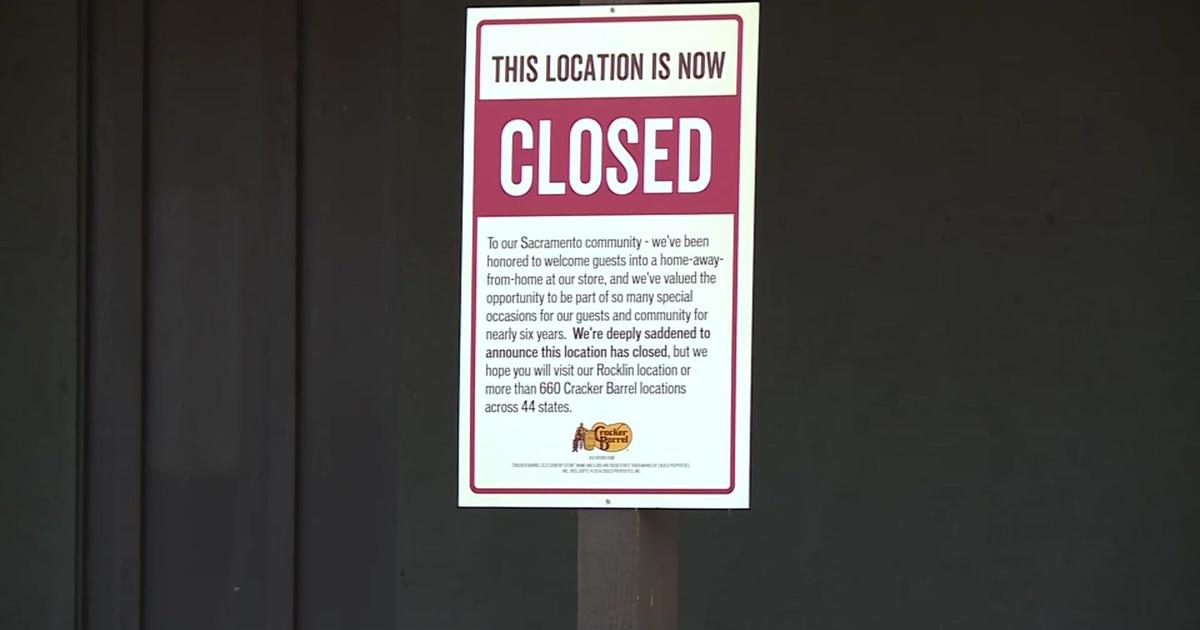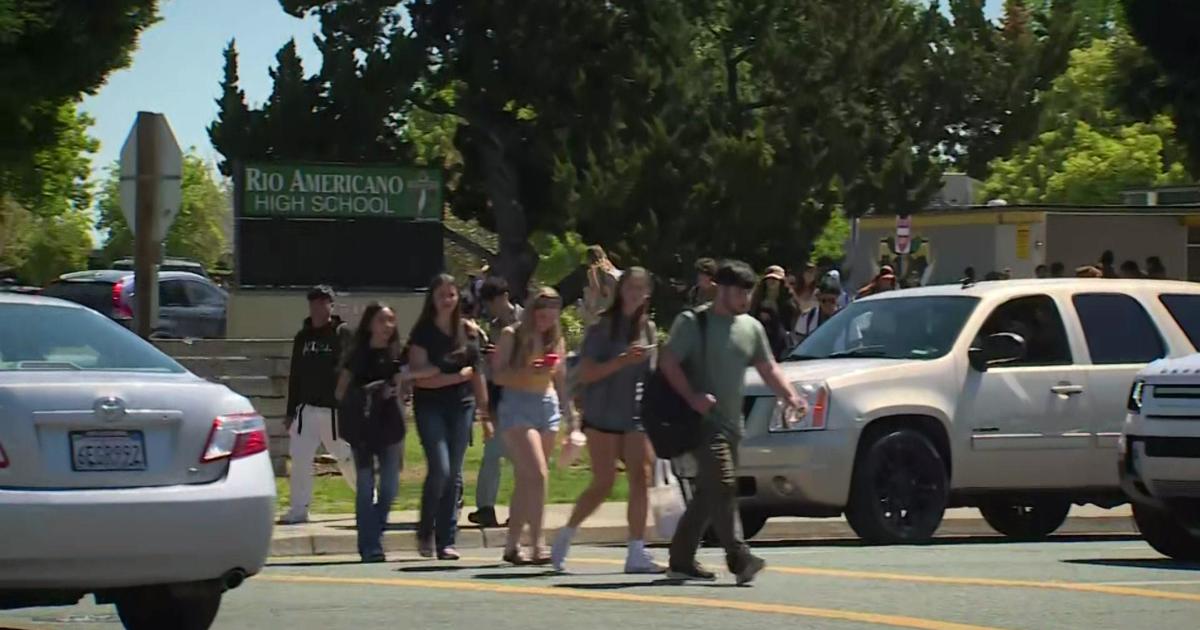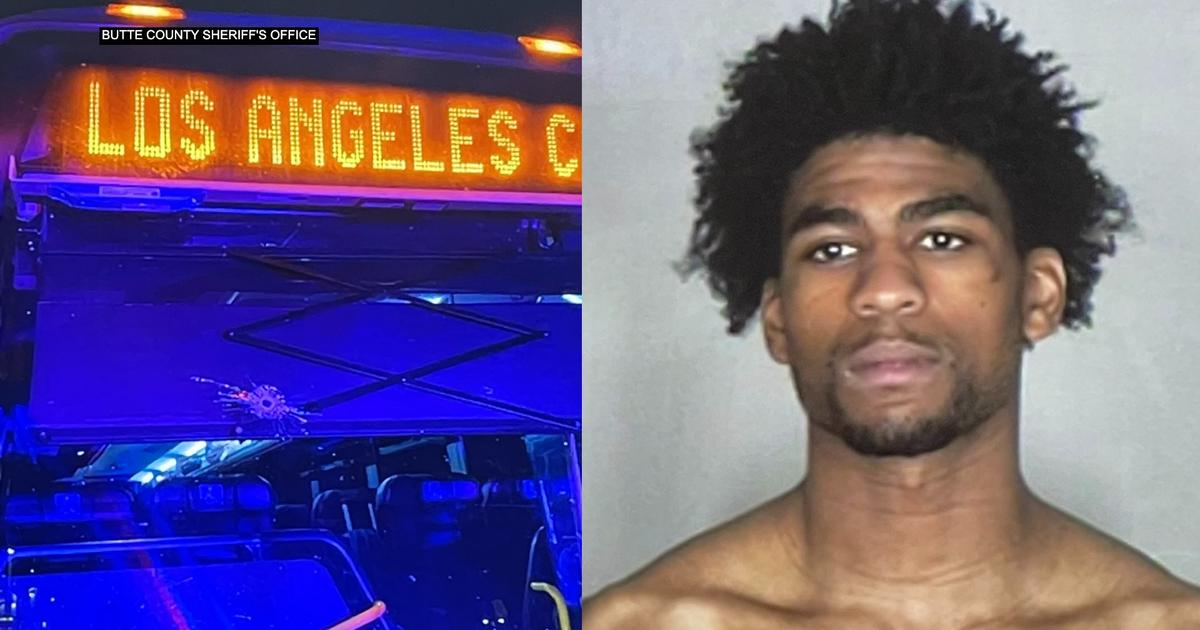California Lawmaker Introduces Bill To Ban 'Deep Fake' And Altered Videos Of 2020 Candidates
SACRAMENTO (CBS13) - There's a mounting effort to unmask deep fakes. The altered videos shared on social networks are proving to be extraordinary political weapons that are difficult to defuse.
"As government, we have an obligation to protect the integrity of our electoral system and this is something that can create a lot of confusion and misinformation and can damage our democracy, " said CA Assemblymember Marc Berman.
Berman is proposing to restrict the sharing of manipulated videos to protect the upcoming 2020 election.
From fake videos of Facebook founder Mark Zuckerberg to video of former President Barak Obama manipulated using the voice of filmmaker Jordan Peele, these deep fakes are showing up left and right - and sparking conversations about free speech and the role government should play in regulating political discourse.
"I don't trust anything I see online," said Mike Hughes, a Sacramento resident. "It's pretty fascinating, the technology. Using it in the wrong way is concerning."
Assemblymember Berman says every voter has the right to know what they're seeing is real.
"Whether it's a deep fake, or whether it's manipulation of a video like we saw with speaker Nancy Pelosi where they just slowed it down. That wasn't deep fake technology it was very crude, simple technology that made it look that she like she was drunk when she wasn't," said Berman.
The lawmaker says the bill is narrowly tailored. It targets intentional manipulation of images, audio or video of candidates running for office within 60 days of an election.
"You have the right to say whatever you want and my bill doesn't prohibit that, but no one has the right to put their words into my mouth," he said.
Attorney Whitney Prout says the way the bill is written still violates first amendment rights.
"It's written so broad it's going to wrap in other speech - and limit real political speech and dialogue that the first amendment is trying to protect," Prout said.
Prout adds the bill can also restrict the use of the technology for entertainment purposes - like satire and parodies of candidates seen on late night talk shows - that are also used in campaigns. She calls the ban "ineffective" and "unconstitutional" and says it can cause more problems.
"People just trying to engage in political discourse could be held liable for sharing something they didn't even know was fake," Prout said.
Steve Mavligio has been a democratic political strategist working on campaigns for 20 years.
"When you actually see a video of someone's lips moving it's hard to convince voters it's not real, these deep fakes are designed to engineer confusion," said Mavligio.
Mavligio thinks there needs to be more self-regulation by Facebook and Twitter-verse the government.
Assemblymember Berman says if a voter sees a video that they think is fake they should notify the candidate. Candidates can then use legal action to stop the video from being shared. There will be no criminal penalties. Berman clarifies that "video or image manipulations do not include minor touch-ups. Ie. Candidate wants to whiten their teeth in a photo etc.



